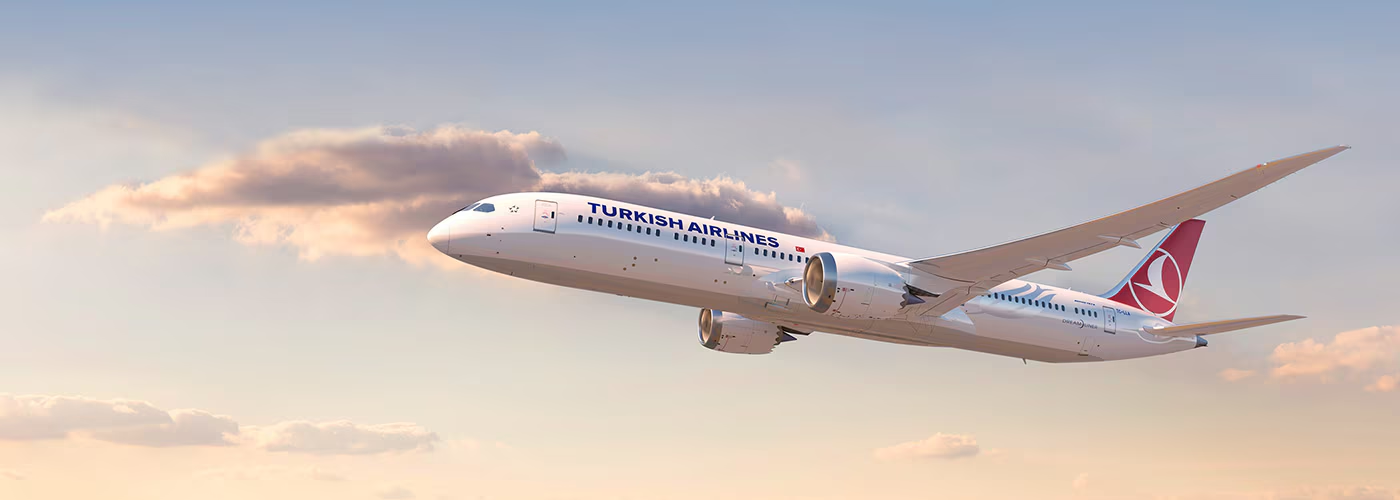Exploring the Exciting and Dynamic World of Aviation Careers: Opportunities, Challenges, and Rewards
The aviation industry is an exciting and dynamic field with a wide range of career opportunities. From pilots and mechanics to engineers and air traffic controllers, the industry offers a variety of roles for professionals with different skills and interests. However, working in the aviation industry also comes with its own set of challenges and rewards.

Challenges of working in the aviation industry
- Long and irregular working hours: Pilots, in particular, often have to work long and irregular hours, including overnight and weekend shifts. This can be demanding and can disrupt work-life balance.
- Stressful work environment: The aviation industry can be high-stress, with tight schedules and the need to follow strict safety procedures. This can be especially true for pilots, who are responsible for the safety of passengers and crew.
- Physical demands: Some roles in the aviation industry, such as mechanic or aircraft technician, can be physically demanding and may require lifting heavy objects or working in awkward positions.

Rewards of working in the aviation industry
- Exciting and dynamic work environment: The aviation industry is constantly evolving, with new technologies and innovations being developed all the time. This can make it an exciting and dynamic place to work.
- Opportunities for advancement: The aviation industry is always in need of skilled professionals, and there are many opportunities for advancement and career progression.
- Good pay: Many jobs in the aviation industry offer competitive salaries, especially for pilots and engineers.
- Travel opportunities: Many jobs in the aviation industry, particularly for pilots, offer the chance to travel and see new places.

Career opportunities
- Pilots: Pilots are responsible for flying aircraft and ensuring the safety of passengers and crew. This requires a combination of technical skills, decision-making abilities, and excellent physical and mental health. Pilots must also be licensed, which requires completing a certain number of flight hours and passing written and practical exams.
- Mechanics and aircraft technicians: Mechanics and aircraft technicians are responsible for maintaining and repairing aircraft. This can involve diagnosing and fixing problems, conducting inspections, and performing preventative maintenance. Mechanics and aircraft technicians must have a strong understanding of aircraft systems and be able to work with a variety of tools and equipment.
- Engineers: Engineers in the aviation industry are responsible for designing, testing, and improving aircraft and their systems. This can include developing new technologies and innovations to improve efficiency and safety. Engineers must have a strong background in science, math, and engineering and may need to specialize in a particular area, such as structural engineering or propulsion.
READ ALSO: Non-Flying Jobs in the Aviation Industry

Overall, working in aviation can be both challenging and rewarding.
You might also like:
- Why Don’t Airplanes Fly Over Tibet?
- The Story of the A220, how it Came About and How it’s Becoming Popular
- Flight on another planet (MARS)
- Wizz Air Announces Expansion to Iraq
- Good bye Alitalia, now what?
Discover more from Aviation for Aviators
Subscribe to get the latest posts sent to your email.














Post Comment